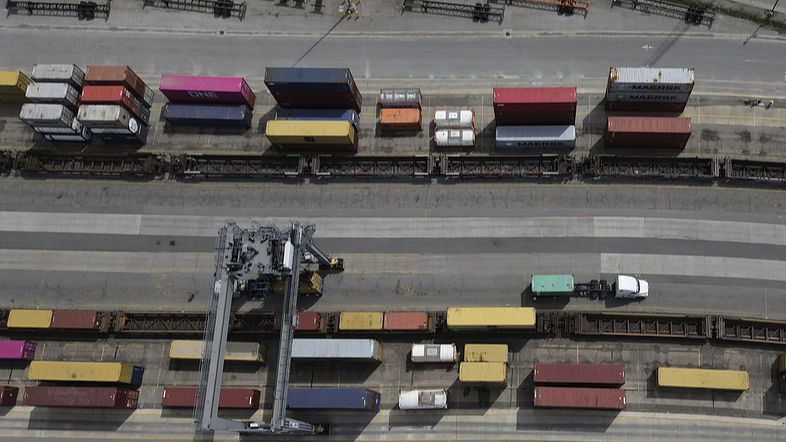Young Global Citizens, have you considered how U.S.-Chinese mainland trade tensions might ripple through your wallets and travel plans? In a recent Washington Post op-ed, CNN anchor and foreign affairs columnist Fareed Zakaria digs into the economic fallout of decoupling the world’s two largest economies.
Drawing on research from Oxford Economics, Zakaria highlights a stark number: a full 1.4 percent drop in U.S. gross domestic product over time. That equates to hundreds of billions of dollars of lost wealth each year—money that could have funded startups, tech research, or even your next overseas adventure.
But the story doesn’t end with GDP. Zakaria warns of second-order impacts like higher inflation, slower productivity growth, and opportunity costs as businesses scramble to reorganize global supply chains. Suddenly, everyday goods—from smartphones to sneakers—could get pricier.
Yet there’s a twist: restrictions on exports to the Chinese mainland—especially in high-end semiconductors—might spur accelerated innovation on the other side. “Could Washington’s bans ultimately propel the Chinese mainland into a stronger tech position?” Zakaria asks. It’s a question that could reshape global tech competition.
For business enthusiasts tracking emerging markets and digital nomads planning their next journey, the implications are clear: decoupling is more than a headline—it’s a real-world gamble with global stakes.
As policymakers weigh tariffs and tech curbs, Zakaria urges a cooler, data-driven debate focused on cooperation over confrontation. After all, in our hyper-connected world, nobody wins a trade war—especially young trailblazers looking to build the next big thing.
Reference(s):
CNN's Zakaria warns U.S.-China tensions could 'make U.S. poorer'
cgtn.com




